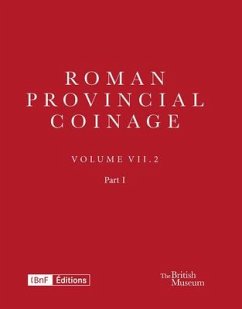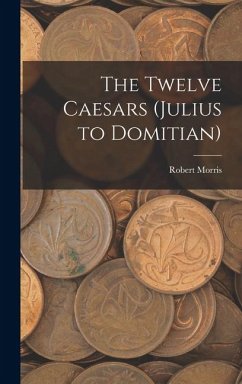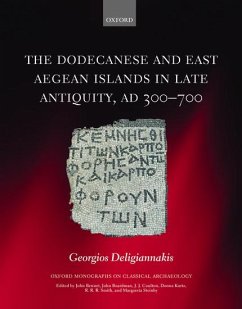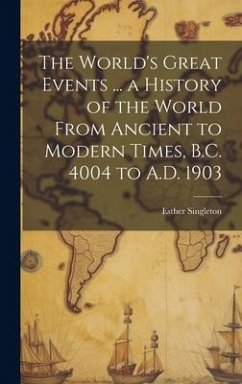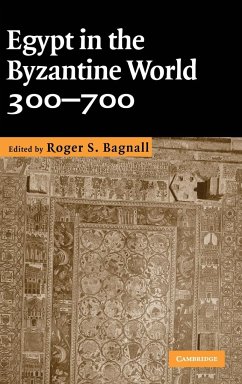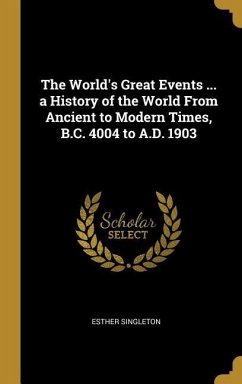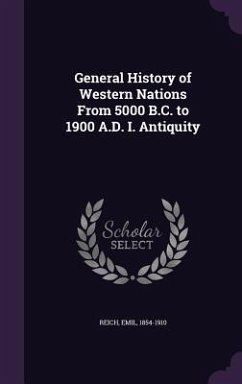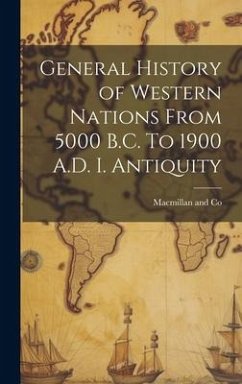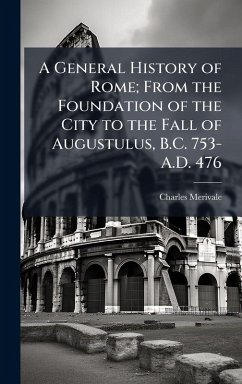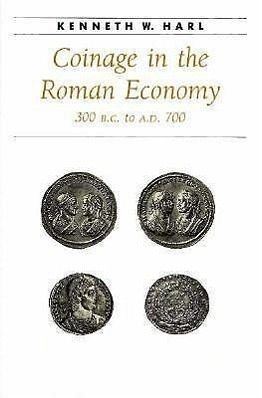
Coinage in the Roman Economy, 300 B.C. to A.D. 700
Versandkostenfrei!
Versandfertig in über 4 Wochen
77,99 €
inkl. MwSt.

PAYBACK Punkte
39 °P sammeln!
Richly illustrated with photographic reproductions of nearly three hundred specimens, Coinage in the Roman Economy offers a significant contribution to Roman economic history. The first comprehensive history of how Roman coins were minted and used. The premier form of Roman money since the time of the Second Punic War (218-201 B.C.), coins were vital to the success of Roman state finances, taxation, markets, and commerce beyond the frontiers. Yet until now, the economic and social history of Rome has been written independently of numismatic studies, which detail such technical information as w...
Richly illustrated with photographic reproductions of nearly three hundred specimens, Coinage in the Roman Economy offers a significant contribution to Roman economic history. The first comprehensive history of how Roman coins were minted and used. The premier form of Roman money since the time of the Second Punic War (218-201 B.C.), coins were vital to the success of Roman state finances, taxation, markets, and commerce beyond the frontiers. Yet until now, the economic and social history of Rome has been written independently of numismatic studies, which detail such technical information as weight standards, mint output, hoards, and finds at archaeological sites. In Coinage in the Roman Economy, 300 B.C. to A.D. 700, noted classicist and numismatist Kenneth W. Harl brings together these two fields in the first comprehensive history of how Roman coins were minted and used. Drawing on literary and documentary sources as well as on current methods of metallurgical study and statistical analysis of coins from archaeological sites, Harl presents a sweeping overview of a system of coinage in use for more than a millennium. Challenging much recent scholarship, he emphasizes the important role played by coins in the overseas expansion of the Roman Republic during the second century B.C., in imperial inflationary policies during the third and fourth centuries A.D., and in the dissolution of the Roman Mediterranean order in the seventh century A.D. He also offers the first region-by-region analysis of prices and wages throughout Roman history with reference to the changing buying power of the major circulating denominations. And he shows how the seldom-studied provincial, civic, and imitative coinages were in fact important components of Roman currency. Richly illustrated with photographic reproductions of nearly three hundred specimens, Coinage in the Roman Economy offers a significant contribution to Roman economic history. It will be of interest to scholars and students of classical antiquity and the Middle Ages, as well as to professional and amateur numismatists.



